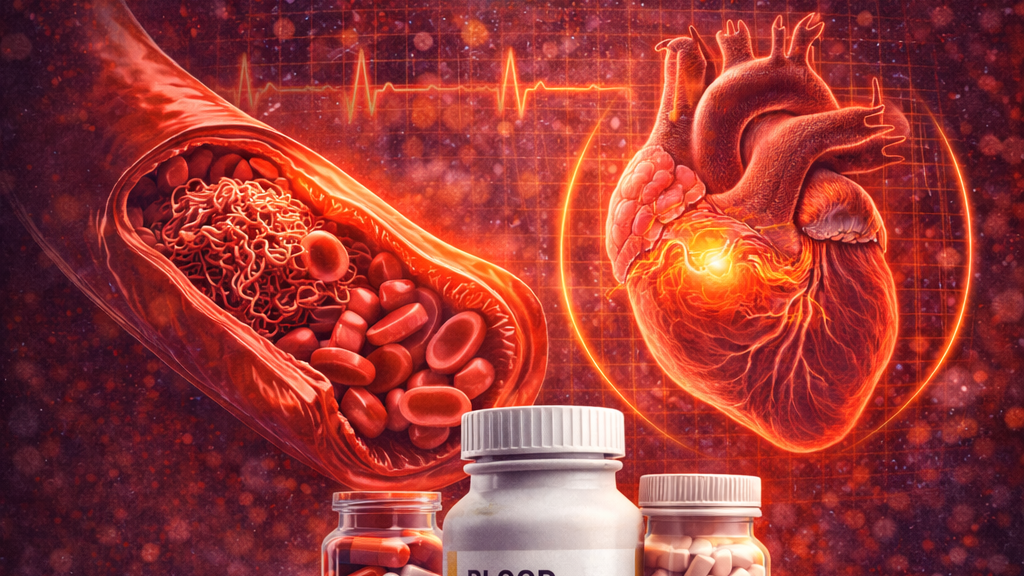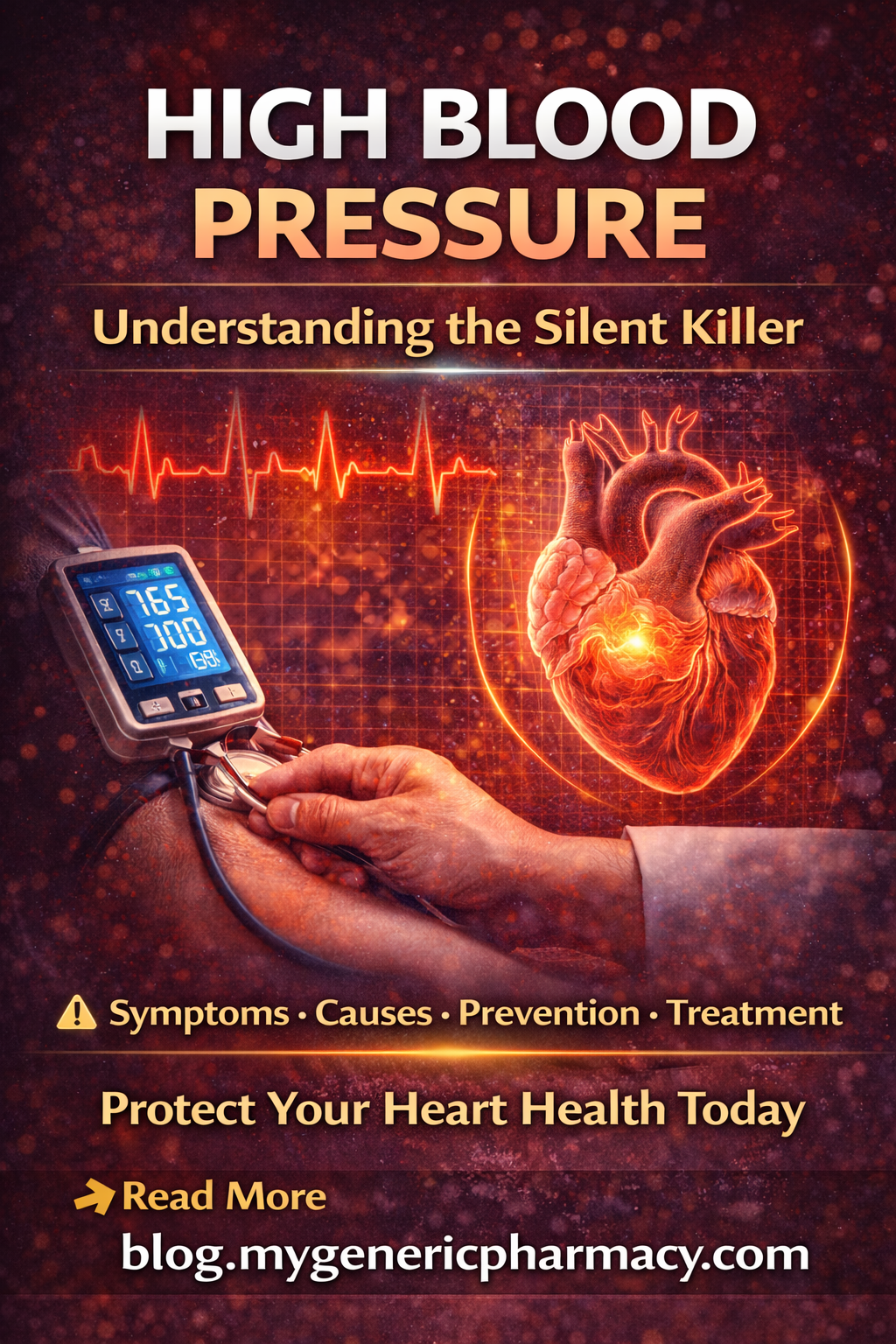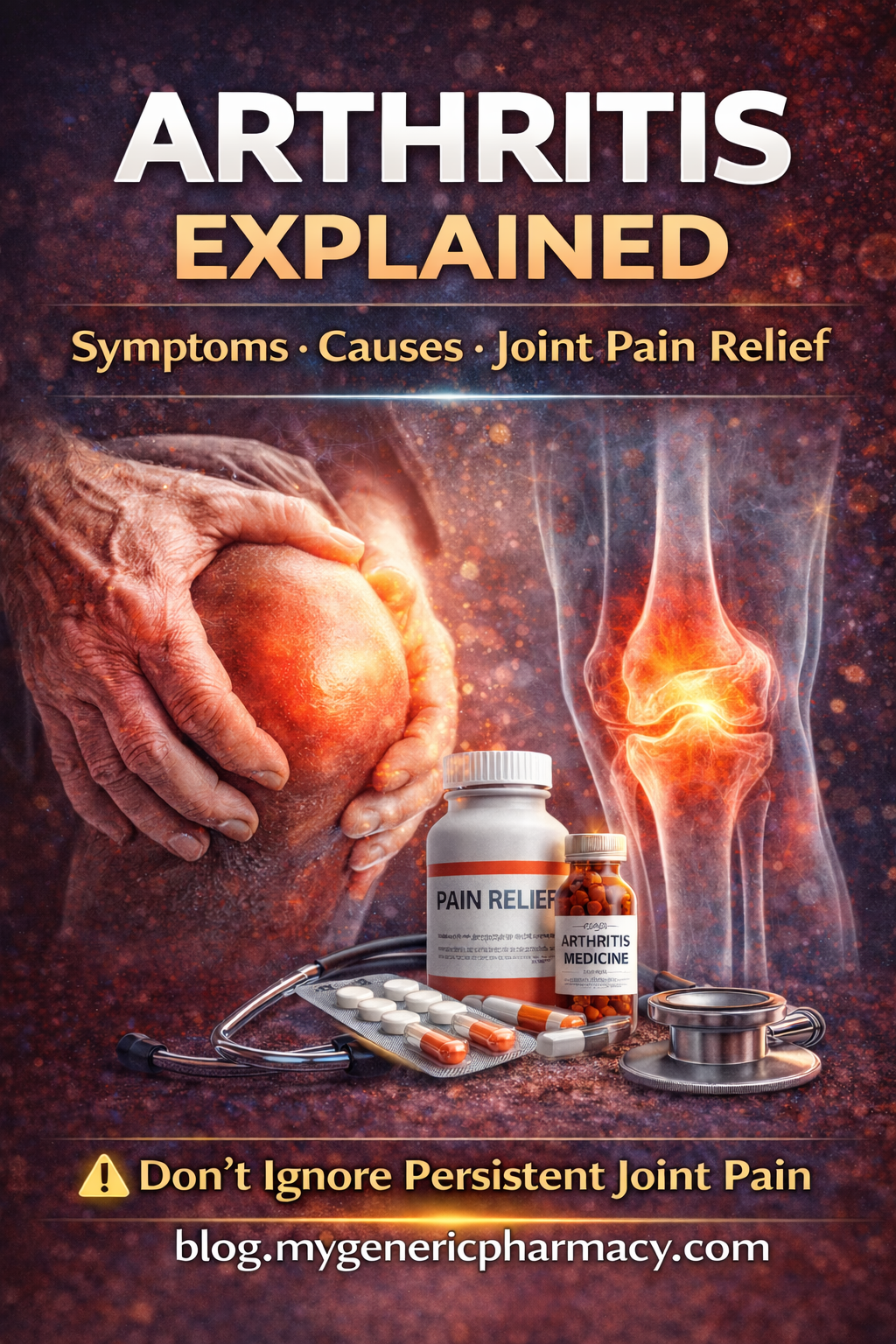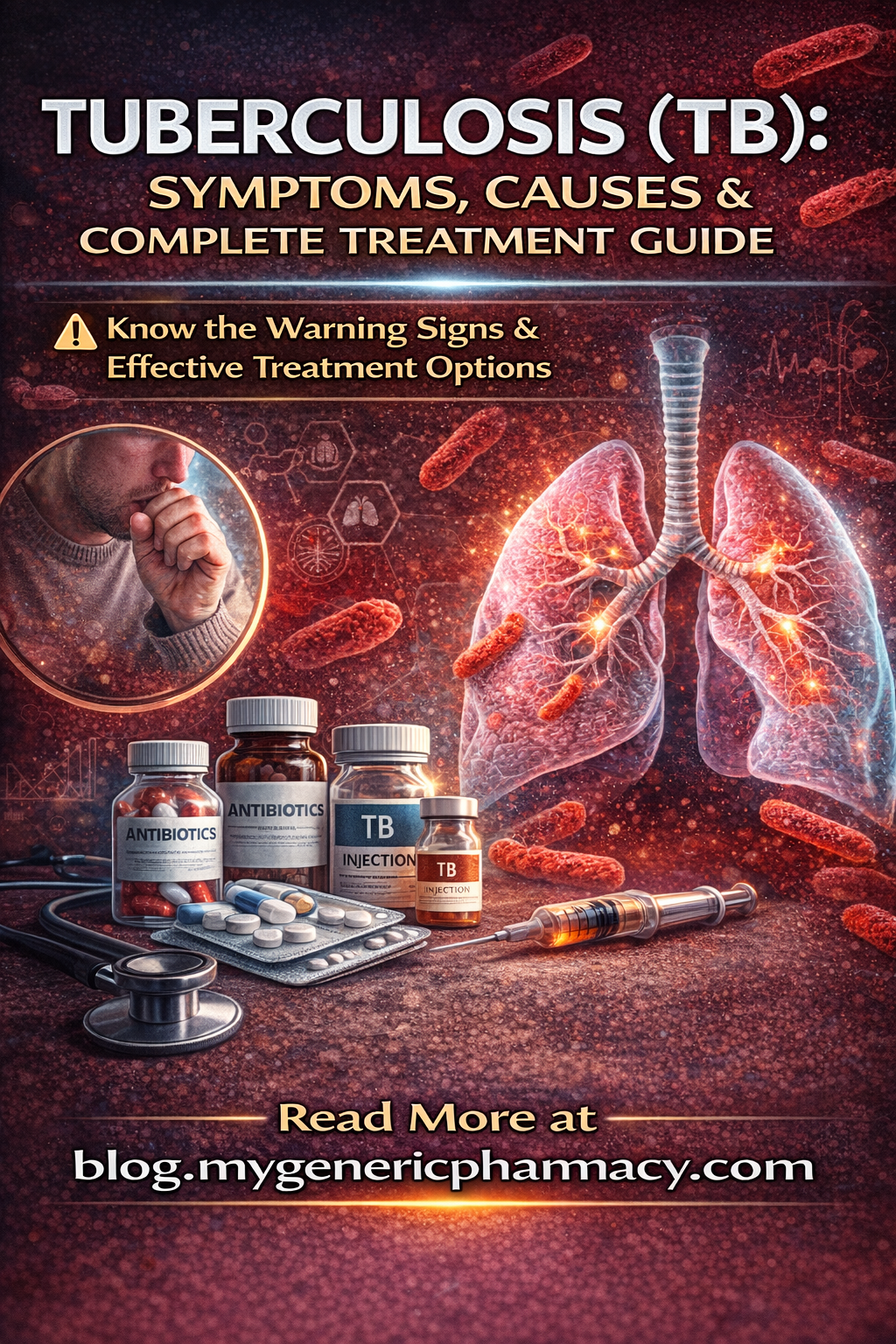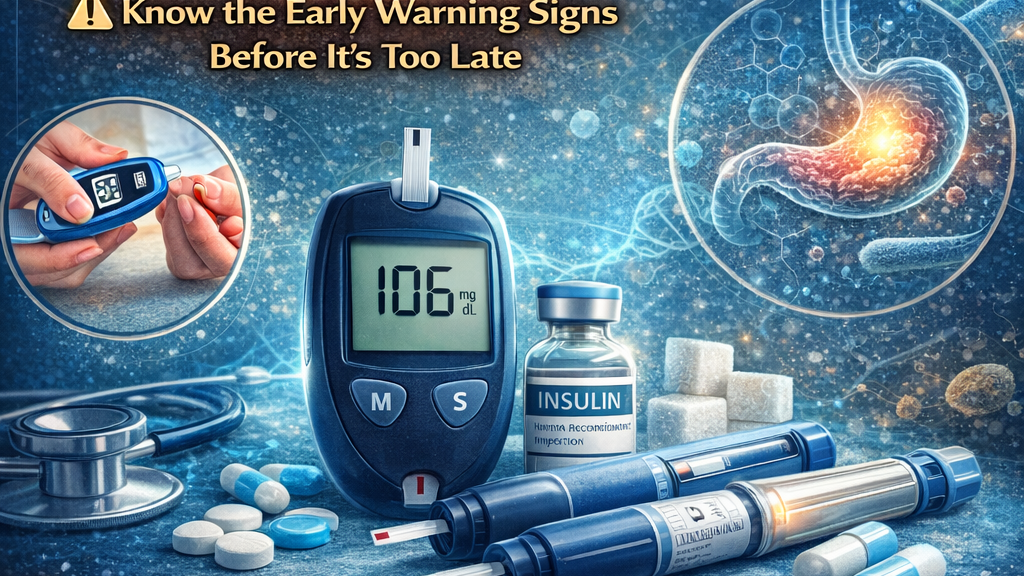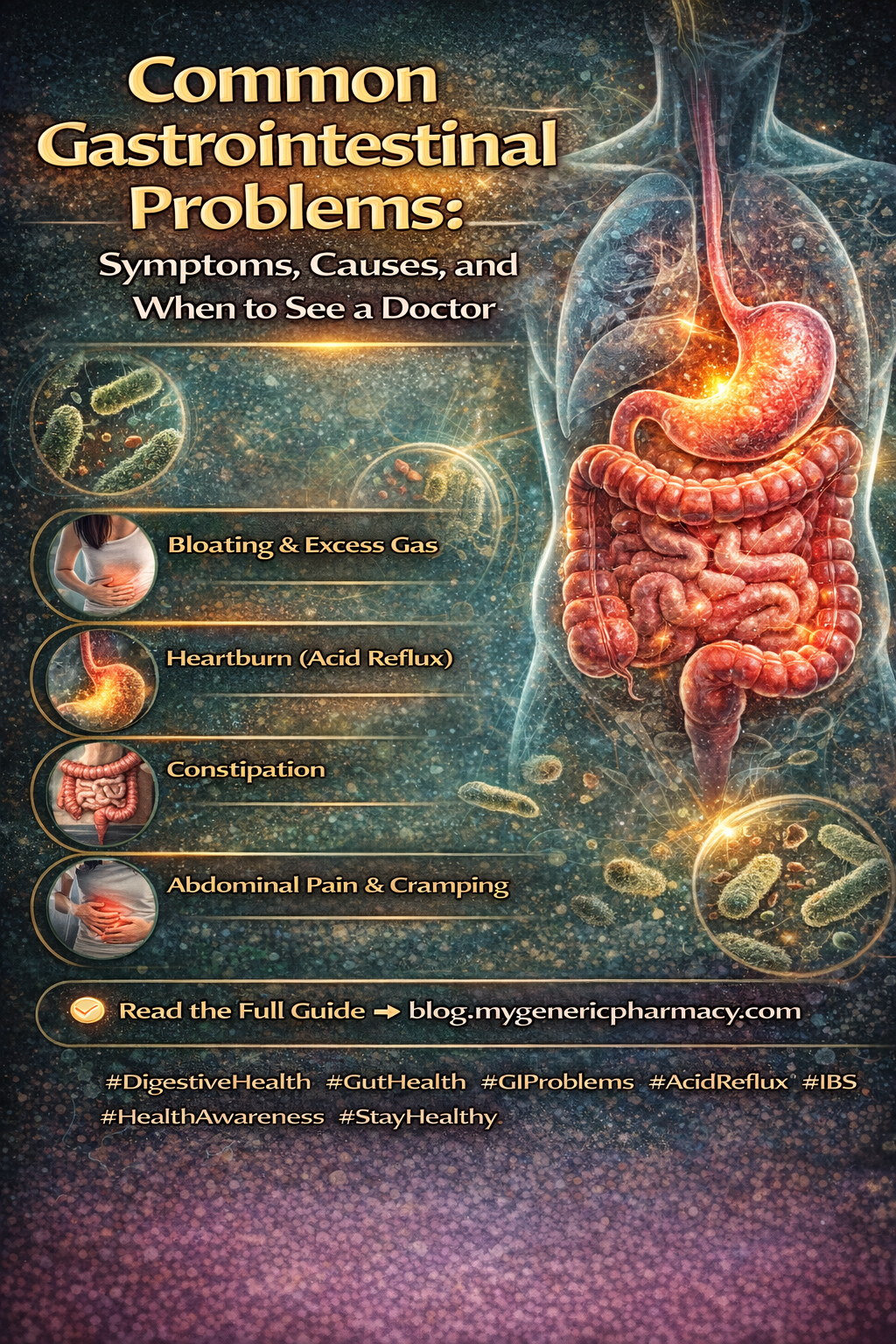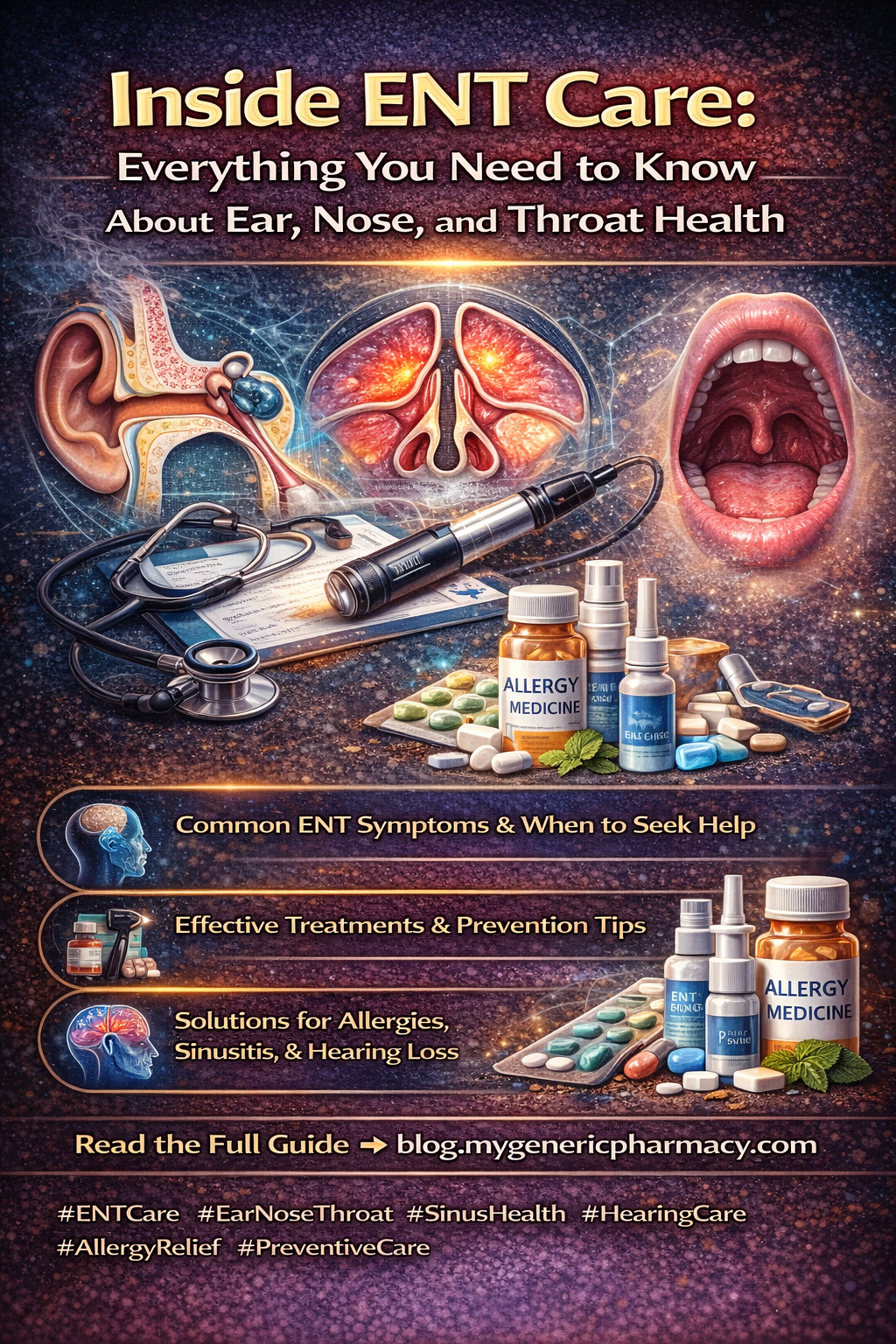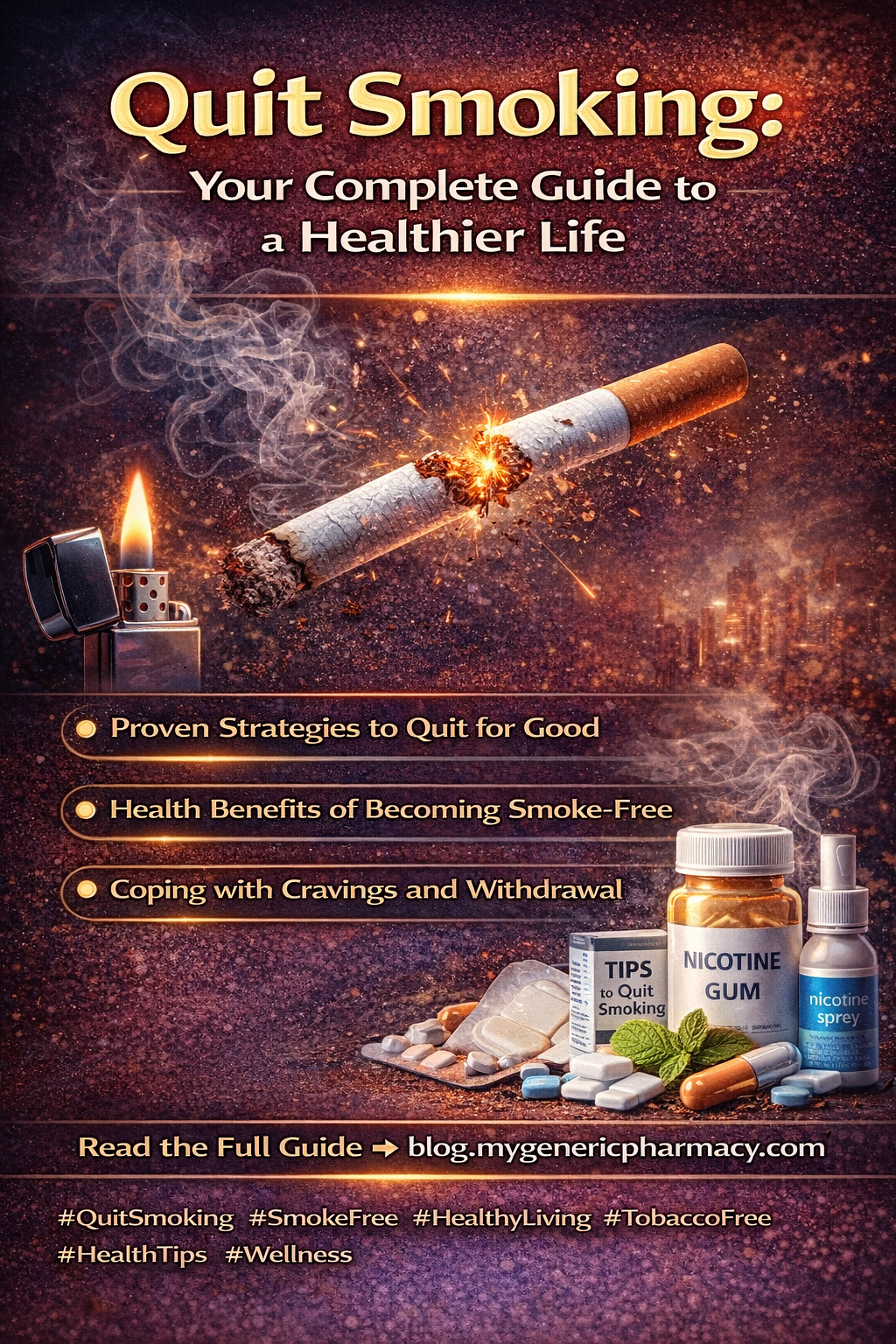Blood Thinners: Benefits, Risks & How to Use Them Safely
Blood Thinners: Benefits, Risks & Safe Use Guide
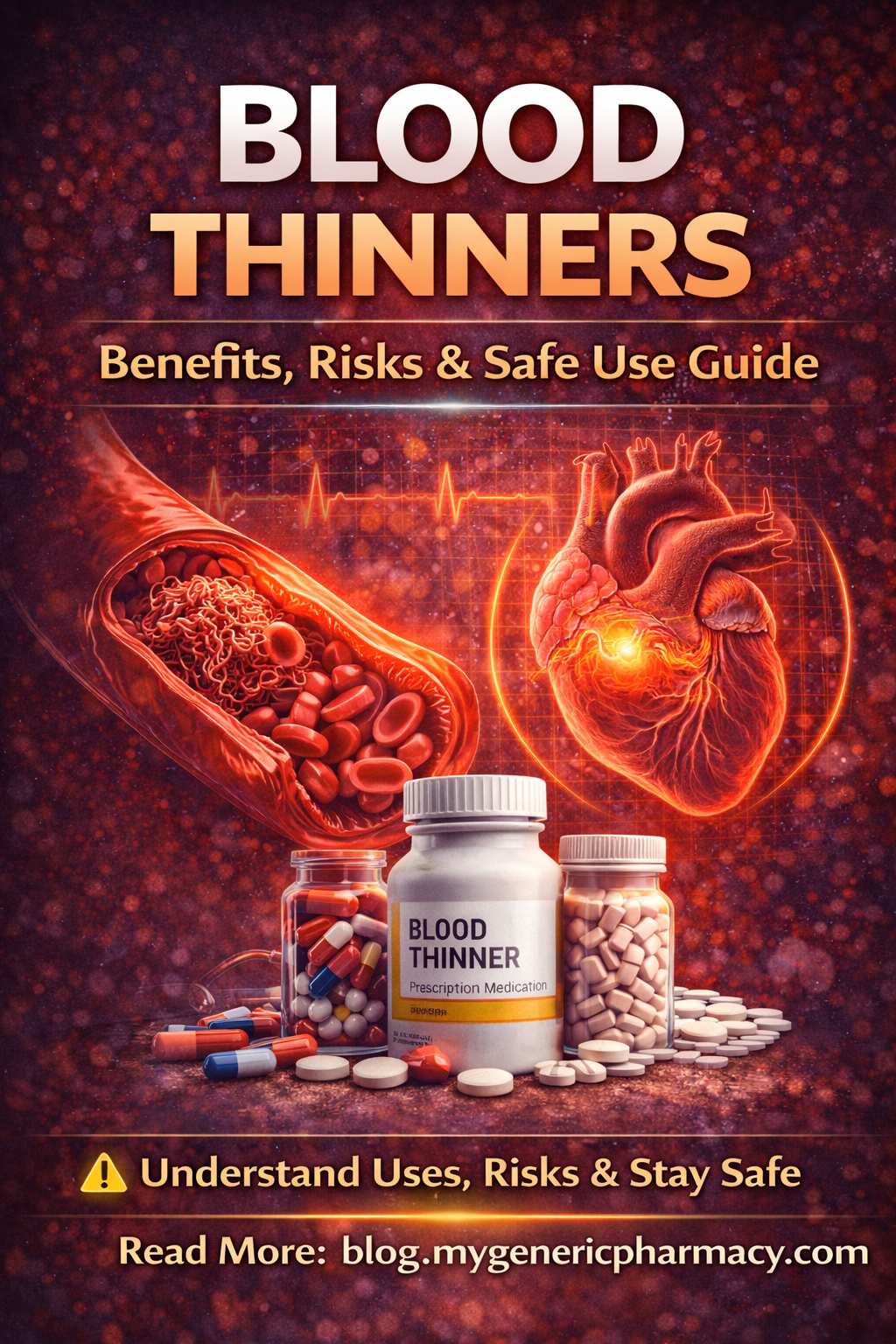
Learn how blood thinners work, their benefits, possible risks, and safety tips. Understand how these medications help prevent dangerous blood clots.
Blood thinners—medically known as anticoagulants and antiplatelets—are among the most commonly prescribed medications worldwide. They prevent dangerous blood clots that can cause heart attacks, strokes, and pulmonary embolisms. For millions of people with conditions like atrial fibrillation, deep vein thrombosis, or mechanical heart valves, these medications are not optional—they are life-saving.
But blood thinners come with a catch. They increase bleeding risk and require careful management. Understanding how they work, their benefits, and how to use them safely can mean the difference between protection and complications.
What Are Blood Thinners?
Despite their name, blood thinners do not actually thin the blood. Instead, they interfere with the body’s complex clotting process to prevent harmful clots from forming or growing larger.
Two Main Types
Anticoagulants:
- Slow clotting by targeting specific proteins in the coagulation cascade
- Examples: Warfarin (Coumadin), apixaban (Eliquis), rivaroxaban (Xarelto), heparin
- Used for: Atrial fibrillation, DVT, pulmonary embolism, mechanical heart valves
Antiplatelets:
- Prevent platelets from sticking together to form clots
- Examples: Aspirin, clopidogrel (Plavix), ticagrelor (Brilinta)
- Used for: Heart attack prevention, after stent placement, and certain strokes
Who Needs Blood Thinners?
Blood thinners are prescribed for various conditions where the risk outweighs the bleeding risk :
Common Indications
- Atrial fibrillation: Irregular heartbeat allows blood to pool, forming clots that travel to the brain
- Deep vein thrombosis (DVT): Clots in leg veins that can break loose
- Pulmonary embolism: Clot traveling to lungs—life-threatening
- Mechanical heart valves: Artificial surfaces trigger clot formation
- After a heart attack or stent: Prevents future events
- History of stroke: Reduces recurrence risk
- Thrombophilia: Inherited clotting disorders
Benefits: Why They Matter
Blood thinners provide life-saving protection :
- Stroke reduction: In atrial fibrillation, anticoagulants reduce stroke risk by 50-70%
- Prevent clot extension: Stop existing clots from growing
- Reduce recurrence: Lower risk of repeat DVT or PE
- Save lives: Essential for mechanical heart valve patients
- Post-surgery protection: Prevent clots after joint replacement
Risks: Understanding Bleeding Danger
The primary risk is bleeding—internal or external—because the blood can’t clot normally.
Common Bleeding Signs
- Easy bruising
- Nosebleeds
- Bleeding gums when brushing
- Heavy menstrual periods
- Cuts that take longer to stop bleeding
Serious Bleeding (Seek Immediate Help)
- Vomiting blood or material like coffee grounds
- Blood in urine (pink, red, or cola-colored)
- Blood in stool (red or black/tarry)
- Severe headache (possible brain bleed)
- Coughing up blood
- Unusual pain or swelling in a joint or muscle
Other Risks
- Drug interactions: Many medications affect blood thinner levels
- Diet interactions: Especially with warfarin (vitamin K foods)
- Falls risk: Elderly patients at higher bleeding risk
- Spinal hematoma: Rare but serious with certain procedures
Types of Blood Thinners: Key Differences
Warfarin (Coumadin)
The oldest oral anticoagulant. Requires regular blood monitoring (INR) to ensure levels stay in the therapeutic range (typically 2-3). Affected by diet (vitamin K) and many medications. Reversible with vitamin K.
DOACs (Direct Oral Anticoagulants)
Newer options include apixaban (Eliquis), rivaroxaban (Xarelto), edoxaban (Savaysa), and dabigatran (Pradaxa). Advantages include:
- No routine blood monitoring
- Fewer food interactions
- Fixed dosing
- Rapid onset/offset
Disadvantages: Higher cost, limited reversal agents (though now available for most), caution in kidney disease.
Antiplatelets
Aspirin, clopidogrel, and others work differently. Often used together (dual antiplatelet therapy) after stents. Increased bleeding risk similar to anticoagulants
Safe Use: Your Action Plan
Medication Management
- Take exactly as prescribed – Same time daily, never skip doses
- Use pill organizers – Prevent double-dosing or missed doses
- Set reminders – Phone alarms help with consistency
- Never stop suddenly – Can trigger rebound clotting
- Keep a current medication list – Share with all providers
Medical Alert
- Wear medical ID jewelry – Informs emergency responders
- Carry anticoagulant card – Lists medication and doctor contact
- Inform ALL providers – Inincludingentists, pharmacists, and surgeons
Before Procedures
- Tell every doctor about blood thinners before any procedure
- Discuss stopping – Usually stopped 1-5 days before, depending on medication
- Bridging therapy – Some need heparin while off oral meds
- Get clear instructions – When to restart afterward
Diet Considerations
For Warfarin:
- Consistent vitamin K intake is key—not avoidance
- Foods high in vitamin K: Leafy greens (kale, spinach, collards), broccoli, Brussels sprouts
- Eat the same amounts consistently
- Avoid cranberry products (can increase warfarin effect)
- Limit alcohol (affects INR)
For DOACs and Antiplatelets:
- Fewer dietary restrictions
- Still limit alcohol (general health)
- No specific vitamin K concerns
Recognizing and Managing Bleeding
Minor Bleeding
- Apply pressure for 10+ minutes
- Use ice for bruises
- Use a soft toothbrush, an electric razor
- Avoid flossing if gums bleed easily
Major Bleeding (Emergency)
- Call emergency services immediately
- Lie down, elevate legs
- Apply pressure to the bleeding site
- Tell responders you’re on blood thinners
Reversal Agents
- Warfarin: Vitamin K, fresh frozen plasma, prothrombin complex concentrate
- Dabigatran: Idarucizumab (Praxbind)
- Factor Xa inhibitors (apixaban, rivaroxaban): Andexanet alfa (Andexxa)
- Reversal takes time – Prevention is better
Drug Interactions: What to Avoid
Over-the-Counter Medications
- NSAIDs (ibuprofen, naproxen, aspirin) – Increase bleeding risk
- Some herbal supplements: Ginkgo, garlic, ginger, ginseng, feverfew
- Always ask a pharmacist before taking any OTC product
Prescription Medications
- Certain antibiotics
- Antifungals
- Some antidepressants
- Anti-seizure drugs
- Thyroid medications
- Cholesterol drugs
Always provide a complete medication list to all providers, including everything you take—even occasional use.
Living Well on Blood Thinners
Exercise Safely
- Low-impact activities: Walking, swimming, stationary cycling
- Avoid contact sports (football, boxing, hockey)
- Wear protective gear for cycling, skiing
- Tell exercise partners about medication
Travel Tips
- Carry medications in carry-on luggage
- Bring an extra supply (in case of delays)
- Keep doctor contact information
- Know the location of medical facilities at the destination
- Stay hydrated on long flights
Home Safety
- Remove tripping hazards (loose rugs, clutter)
- Use nightlights in hallways and bathrooms
- Install grab bars in showers
- Keep sharp objects secured
Special Populations
Older Adults
Higher bleeding risk, fall risk. May need lower doses, careful monitoring. Home safety assessments essential.
Pregnancy
Blood thinners require careful selection. Warfarin is unsafe for the fetus; heparin or enoxaparin is often used. Close monitoring with a high-risk obstetrician.
Kidney Disease
DOACs require dose adjustment or avoidance based on kidney function. Regular blood tests are needed.
Liver Disease
Affects clotting factor production. May alter anticoagulant choice and dosing.
When to Call Your Doctor
Contact a healthcare provider immediately if:
- Falls or hits head (even without symptoms)
- Signs of bleeding (any unusual bleeding)
- Planned surgery or procedure
- New medication prescribed
- Pregnancy suspected or planned
- Vomiting or diarrhea lasting >24 hours (affects medication levels)
- Unable to take medication as scheduled
Conclusion: Respect, Not Fear
Blood thinners save lives—plain and simple. For people who need them, the benefits far outweigh the risks. The key is using them wisely: taking them exactly as prescribed, understanding interactions, monitoring for problems, and staying in close contact with healthcare providers.
With proper education and precautions, millions of people live full, active lives on blood thinners. You can too.
References:
- American Heart Association. Warfarin and Other Blood Thinners.
- Cleveland Clinic. Blood Thinners: Uses, Side Effects, and Interactions.
- Mayo Clinic. Anticoagulant (Blood Thinner) Medications.
- National Blood Clot Alliance. Anticoagulation Therapy.
- FDA. Blood Thinners: Safe Use and Monitoring.
Medications that have been suggested by doctors worldwide are available on the link below
https://mygenericpharmacy.com/category/blood-thinner
Disclaimer: This article is for educational purposes only. Always consult your healthcare provider before starting, stopping, or changing any blood thinner medication.
